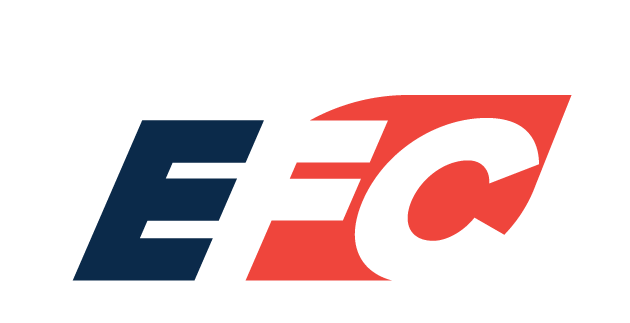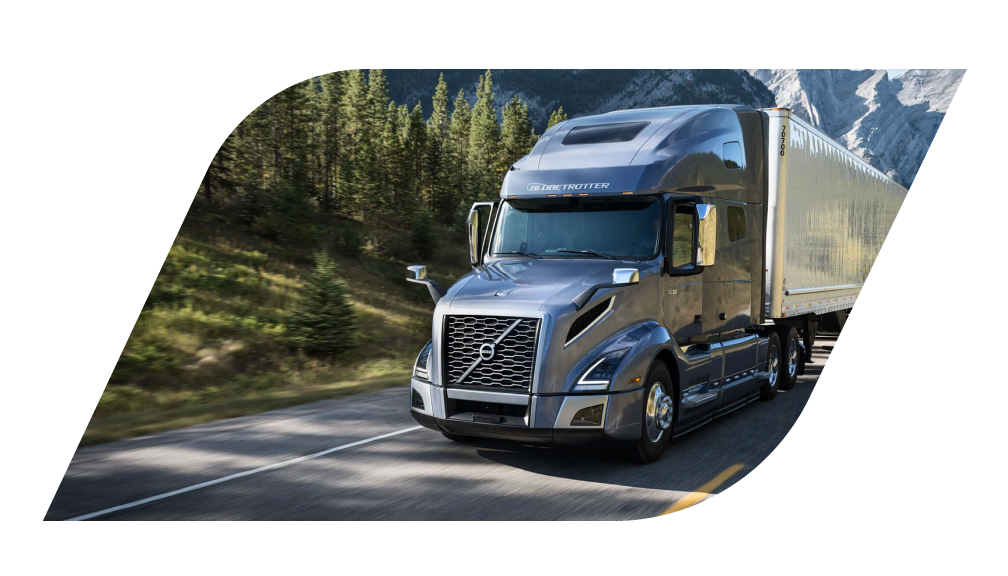The transportation industry can be an incredibly lucrative business to get into, especially for new entrepreneurs. It is an indispensable economic activity, that even with the evolution of technology, and growth of digital dominance, we cannot do without.
Freight and logistics still make up the largest portion of the transportation industry, with 35% of the full transportation market share belonging to trucking.
Despite the return of the logistics industry being high, starting out a new business comes with its challenges. High competition rates have been flagged as one of the biggest setbacks of starting a freight company, while the second biggest challenge is the high start-up costs.
The costs of the trucks, trailers, and flatbeds are phenomenal and without large working capital, it could be daunting for business owners.
There are, however, various options available to companies for them to acquire the much-needed equipment they need to run a successful business, without putting down a huge cash payment. We took a look at the world of truck financing, and how you could take advantage of it to launch, manage, and grow a successful trucking empire.
Know What Your Options Are
When entering the world of fleet and trucking, the first thing you will need to consider is what finance options you have available to you. In most cases, companies do not have the initial working capital to simply purchase trucks or fleets of trucks.
Even if you do have a lump sum available to you, it’s more advisable to rather keep that working capital for day-to-day operations like wages, rent, and in case of economic downturns.
Financing can assist you in acquiring the equipment you need to get your fleet on the road with little initial output and to start growing your business relatively quickly. You will rather be paying a monthly installment over a set period of time.
There are a few financing options available for you to consider.
Loans
Let’s start off with loans. You can choose to acquire a loan directly from the dealer that you are purchasing the truck from, through a bank, or a reputable financing house. A loan should be considered when you want to own the equipment at the end of the term and is ideal for something that will hold its value long beyond the actual term. So, for something that depreciates very quickly, this might not be your best option.
The other thing you will need to consider about a lease is that the interest is amortized throughout the term. That means that you’re paying more interest at the beginning and more principal at the end.
Leases
A lease is ideal for something that does depreciate quickly and that will not be worth the full value at the end of the term. If you are looking for equipment that you will need to upgrade at the end of the term, this is the option for you.
There are also two primary types of leases that you need to be aware of. One is a capital or $1 Buyout lease, which allows you to take over ownership at the end of the term. The other is an operating lease which states that you will either have to return the equipment at the end of the term or re-lease it if you need it for a longer period.
Leases offer fixed finance charges that are factored into the monthly payment and will not waiver over the period of the lease. Part of the fixed monthly payments are soft costs like maintenance, insurance, installation, and training if it is required.
They are non-cancelable and the equipment being leased, like the truck, is held as collateral in case of default, and can be collected by the lessor in such a case.
What You Need For Your Business
Now that you know what financing options you have available to you, the next thing you need to look at is what your business actually requires. We highly advise that you set your short-term and long term goals, and create a blueprint for the strategic direction of your business.
You will need to consider the types of trucks you will need for your business. Are you looking to have a full fleet? Do you want delivery trucks, flatbed trailers or custom dry-vans? Or are you looking more at the construction side and looking for dump trucks and transfer trailers? Having this in place will help you with your application for financing.
The next thing to consider is your budget. Even though you will be spreading the costs out over a number of months, you will need to factor that into your monthly operating costs. If you are taking a capital lease, you will also need to budget for the residual cost at the end of the term if you want to actually own the trucks.
The last thing you will need to consider are the companies who will be financing your trucks. You will need a company that not only has a good reputation, and who is trustworthy, but a company that will work with your specific needs. Keep in mind that each company has a unique set of needs, and you will be partnering up with this company. If they can assist and guide you through the process, highlighting risks, you will be able to benefit from the financial partnership.
What is Needed of You for the Financing Company
The next thing to look at is what you will need to prepare for the financing. The first thing that you will need to consider is your credit score. In many cases, especially with a new start-up company that has not had lines of credit, a credit score does not exist for it.
In these cases, a financing company may take the owner’s credit score into consideration, however, in most cases, leasing may be a good option for new companies. Most lessors, due to the fact that they are using the equipment as collateral, are more open to providing a lease to a company with no credit score.
If your company has a bad credit score, it is highly advisable to disclose that at the early stages of the application. There are a number of online lenders and companies who will be able to assist you with financing, despite a bad credit score. In these cases, you might find yourself paying a bit more interest and fees. This could work out for you in the long run as you can keep your fleet on the road and keep income coming in to rectify your credit history.
Make sure you know exactly what documentation you will need for the application. In some cases like loans and capital leases, you will need to have the insurance instated prior to taking the truck over. You will also need to have all of the details of the truck in your possession for legal purposes.
Lastly, if a downpayment is needed for the contract, ensure that you have that ready when you sign for the truck. Without that, you will not be able to drive it off the lot.
How Will It Impact You Financially?
One of the most important aspects to consider about taking trucking finance is what impact it will have on your finances. How will it be recorded on your balance sheet? Are there any tax benefits? Will you be able to get more credit with the current finance.
Let’s take a look at a lease first. A lease has several benefits to an organization due to how it is recorded. Keep in mind that an operating lease and capital lease are different, but primarily, the lease is seen as an operating cost to the company and is listed as an expense. It is usually also listed as a liability due to the fact that it is depreciating, but the depreciating cost is not taken into consideration.
There are also incredible tax benefits for a lease. If you work it correctly, you can write off all interest on a lease to tax, and in some cases, if you hire a great tax consultant, a lot of the costs of the lease too. In essence, you can actually make up for a lot of the costs spent on the lease.
Because this lease is also seen as an expense, it opens up other lines of credit for you with other lenders and banks. A loan, on the other hand, ties up that credit line and is limiting for more borrowing and investment. It is more of a financial risk to your company because it will not provide as many tax benefits as a lease would.
Wrapping Up
In order to decide what kind of financing to sign for, ask yourself these questions: How long will you need a specific truck for? Will you need to upgrade it in a few years? How much cash do you have for an upfront deposit, if any? A trucking lease will allow you to invest much-needed cash and credit into other areas of their business. It will also guarantee you a flat rate and a consistent interest rate with no down payment needed. Lastly, when you need to upgrade, a lease will make it easy for you to move on to less obsolete equipment and ensure a top-of-the-line fleet for your company.

